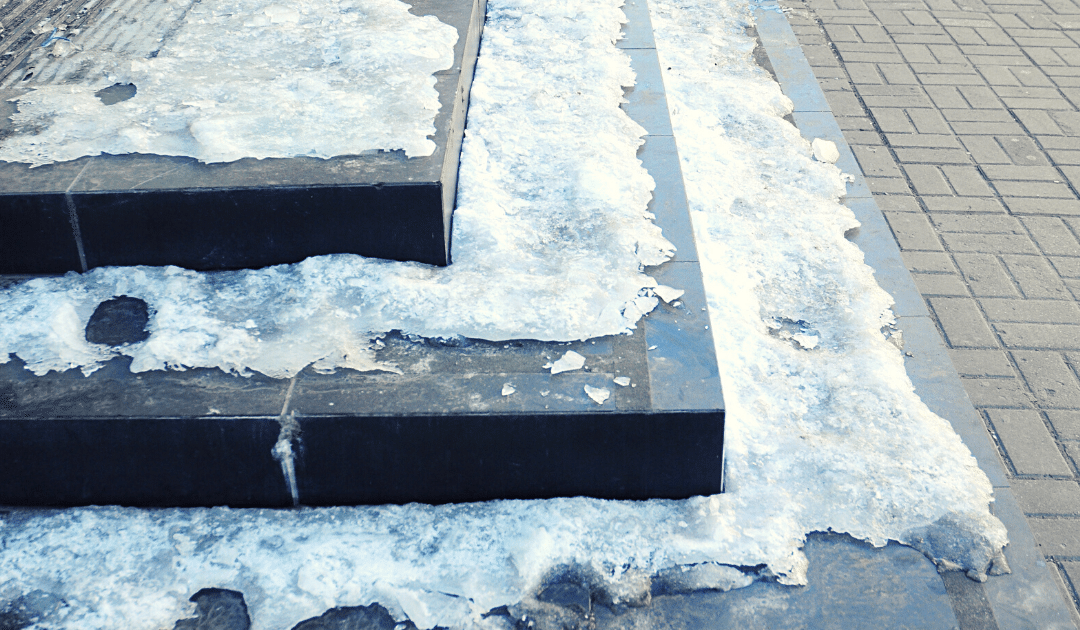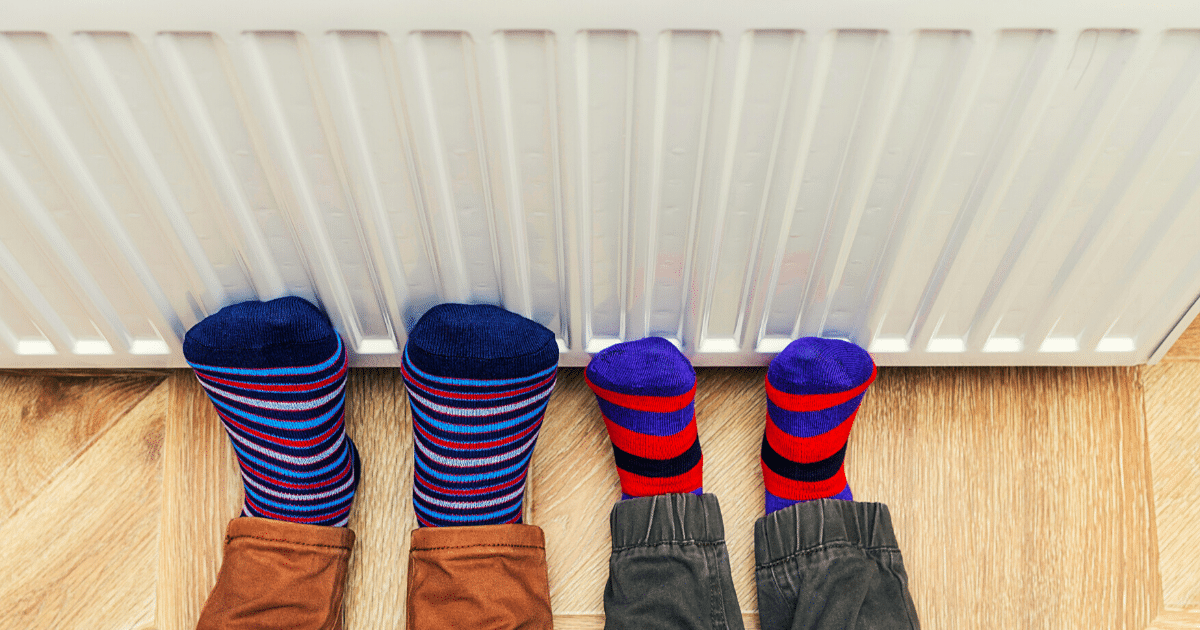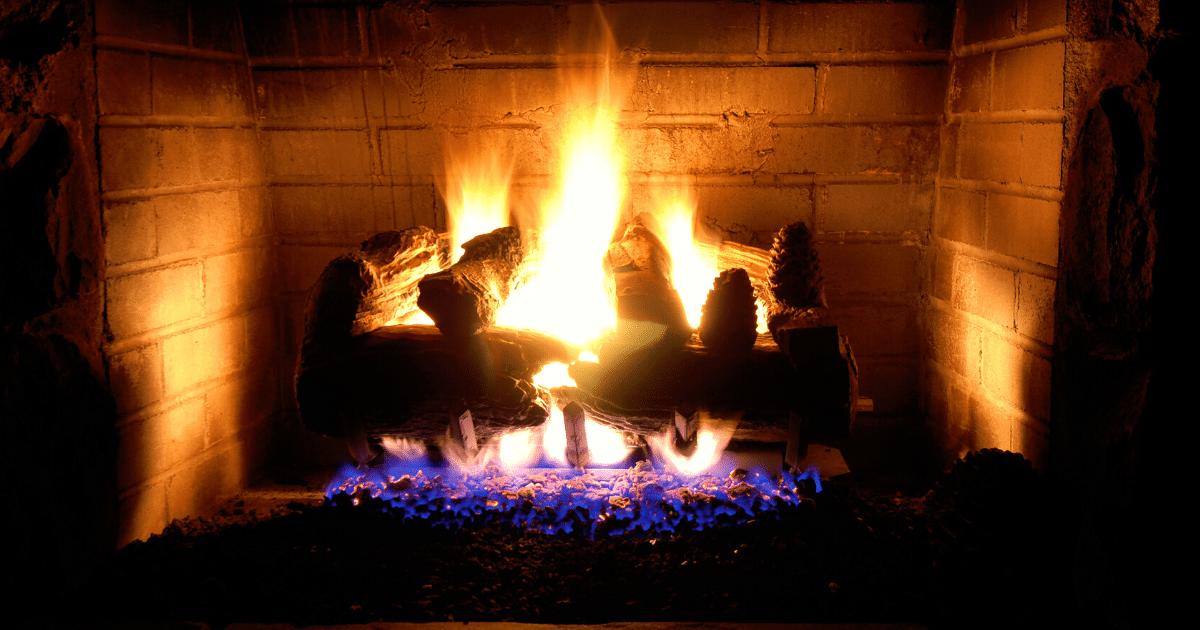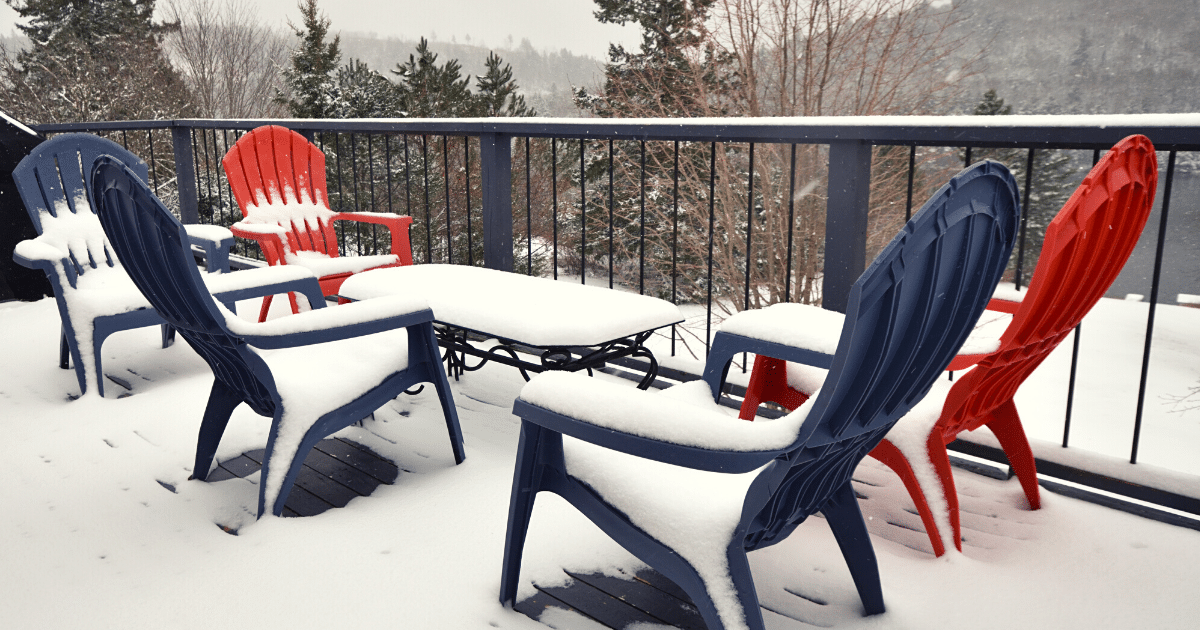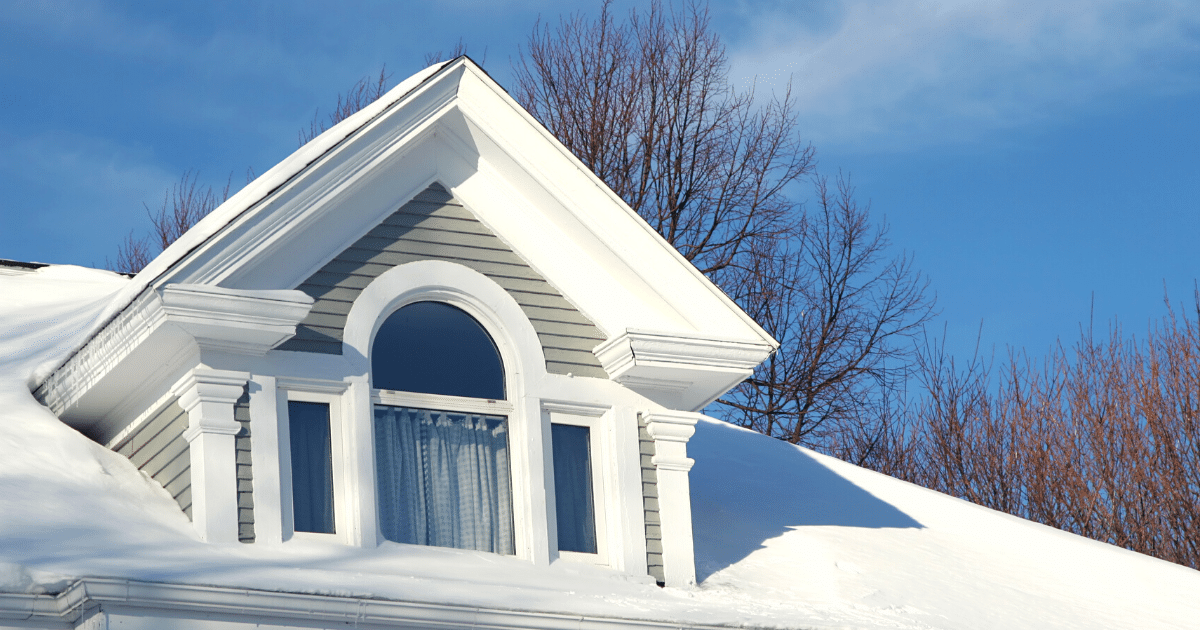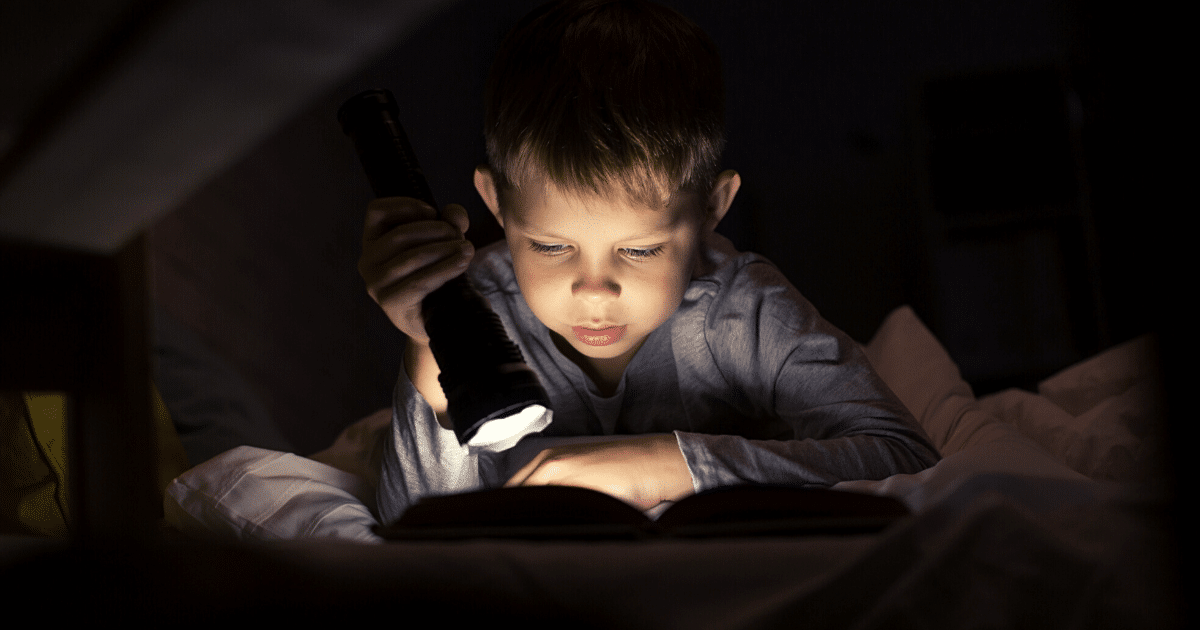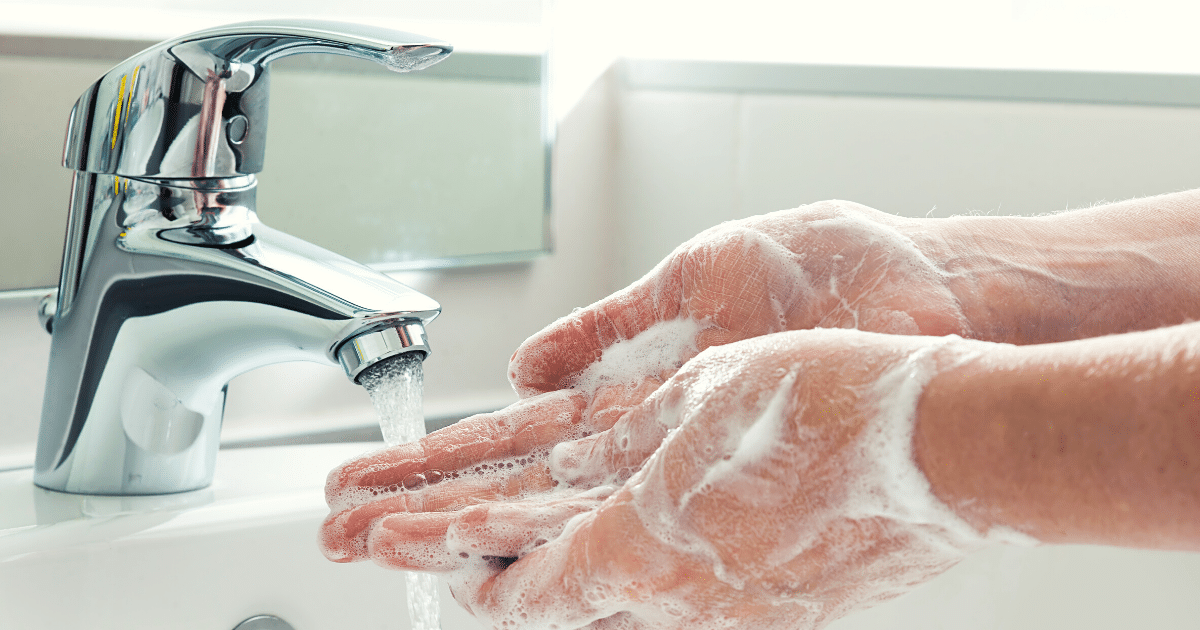With cold weather comes extra hazards. Be on the lookout for these six common ones, so you can avoid injury, accidents, and damage to your home.
1. Unsafe Heaters and Furnaces
Make sure your heating system has been inspected by a professional (ideally well before winter arrives). This will ensure that it’s prepped for the hard work of heating your home through frigid temps and doesn’t break mid-season, leaving you scrambling for repairs. Here’s how you can keep it in working order:
-
- Wipe it down regularly to get rid of dust and debris; you can also gently vacuum it with a nozzle/brush attachment.
- Clean vents and adjust dampers in all rooms.
- Replace dirty filters as needed.
- Listen and watch for strange sounds or behavior. Do a visual check from time to time for frayed wires or other damage (pests can attack without your knowledge!).
- If you have a furnace, be sure to check the pilot light regularly (follow manufacturer’s instructions).
2. Fireplace Hazards
Like your heating system, your chimney, flue, and supporting structures need an annual inspection (and possible cleaning). Schedule inspections at the same time for an easy maintenance routine. Besides inspections, be sure to:
-
- Clean out ash after every fire – excess ash can reduce airflow and make your next fire dangerous.
- Never leave a fire unattended, and always make sure it’s completely extinguished before leaving it for the night.
- Use a fire screen for extra protection and consider fireplace doors if appropriate.
- Check your smoke and carbon monoxide alarms to make sure they’re working properly.
- For more indoor fire safety tips, check out our blog post.
3. Porch and Deck Safety
The areas immediately surrounding your home and entrances pose a special risk for slips, falls, and other injuries resulting from ice. Protect yourself, your family, and any visitors with these precautions.
-
- Remove snow from decks, walkways, porches, and your driveway as soon as possible to prevent a melt-and-refreeze cycle (i.e. black ice).
- Consider slip-resistant finishes and coatings, deck strips, or even mats in high-traffic areas.
- Make sure handrails are secure and in good working order to provide stability when stairs are slick.
4. Gutters and Roofs
Following a theme from earlier on, it’s imperative to get your roof inspected annually so that you become aware of any problems and can get repairs done before winter sets in. Then, throughout the season:
-
- Keep gutters cleared out so that water goes down the spout where it’s supposed to, rather than finding other cracks or crannies to get into.
- If you live in a snowy area, clean gutters can also help prevent ice dams from forming and causing costly damage.
- Remove snow from your roof regularly with a roof rake.
- Use that same rake to remove any icicles that have formed.
5. Power Outage Prep
Snowstorms and freezes can easily take out power lines, leaving you in the cold and dark. Have your emergency plan and power back-up ready in case you need it. Additionally:
-
- Have a two-way radio for news concerning the outage (make sure it’s solar-powered, uses batteries, or is hand-crank).
- Have a hand-crank or solar-powered cellphone charger so you can keep in touch with family, neighbors, and friends.
- Invest in a generator, and always have flashlights, lanterns, and extra batteries on hand.
- If you don’t have an emergency kit or plan for your family, make one today.
6. Germ Safety
Illnesses, including the flu, coronavirus, and others surge during winter months because we’re usually indoors and in close proximity to others. Be sure to stick to the routine precautions for COVID-19 prevention – including mask-wearing, frequent handwashing, and social distancing – to keep yourself and your family safe. Pandemic fatigue is real, but sticking to the guidelines will keep us all – including our nurses, doctors, and other health care workers – healthy until a vaccine is available.
Many times, making sure your home is prepped for winter hazards means thinking ahead in summer and fall. Keeping up with your yearly inspections can uncover problems with chimneys, heating systems, and your roof that could cause major headaches and damage right when the thermometer is plunging. Taking actions early – and keeping an eye out year-round – will give you peace of mind during the winter so you and your family can enjoy a cozy, serene and safe home.
This article is furnished by California Casualty, providing auto and home insurance to educators, law enforcement officers, firefighters, and nurses. Get a quote at 1.866.704.8614 or www.calcas.com.
- Graduation – When to Remove Your Child from Your Auto Policy - May 18, 2023
- How to Prevent Catalytic Converter Theft - May 17, 2023
- How Much Does Home Insurance Cost? - May 17, 2023

